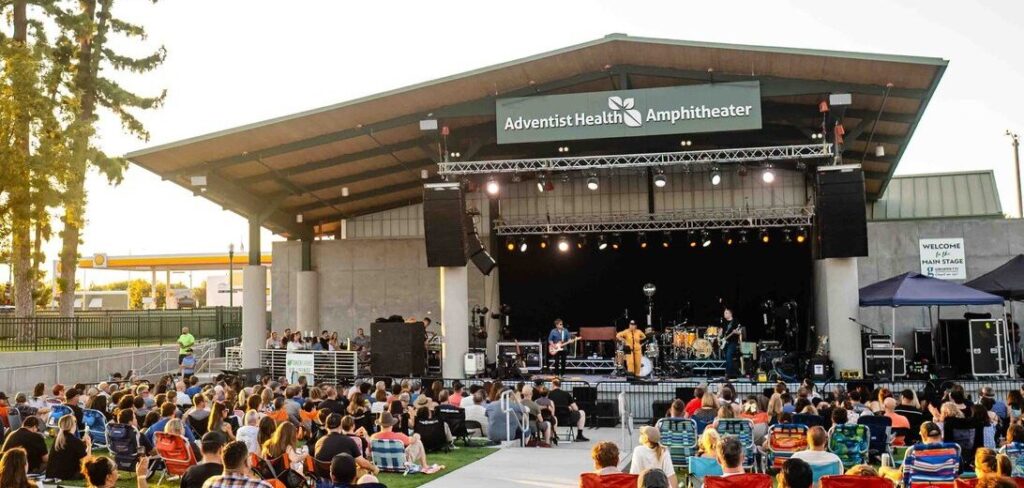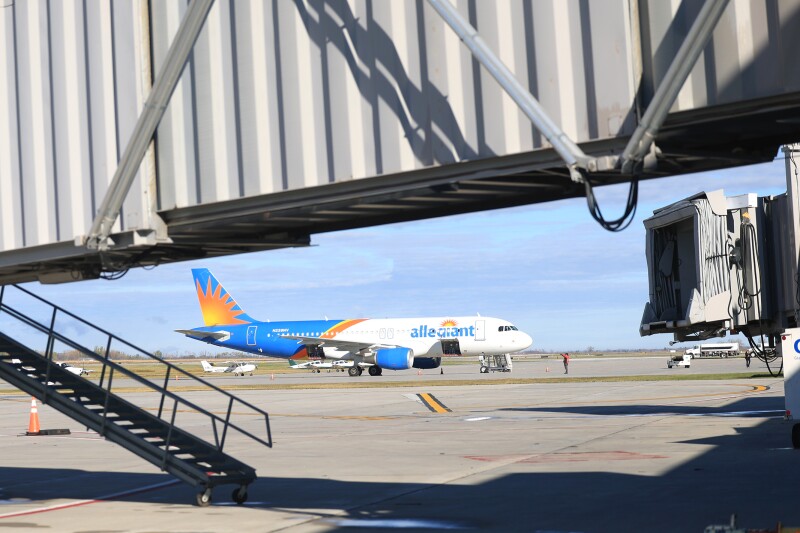
The City of Tulare is implementing a plan to utilize general fund reserves to support operational costs for the newly opened Adventist Health Amphitheater at Zumwalt Park. This decision, made in July 2023, comes as the city aims for long-term growth and the venue’s financial stability.
Opened in May 2023, the amphitheater has already attracted visitors from across the United States, drawing attendees from 18 different states and over 200 cities, according to Marc Mondell, Tulare’s city manager. “Our goal is to try to balance our costs with the revenues that we derive from the concert series,” Mondell stated.
Given the anticipated challenges in the initial years, Mondell indicated that the venue would likely take up to three years to achieve self-sustainability. He noted that ticket sales currently stand at about half of the expected figures. “I told the city council from the beginning, this is going to take us about three years to stabilize this facility,” he explained.
One of the challenges faced has been the low attendance from local residents, with only about 6% of attendees coming from Tulare itself. Mondell emphasized the importance of monitoring attendance and adjusting strategies to attract more locals. “We want to continue to show this to people, try to attract more sponsors. It’s a whole machinery that happens behind the scenes,” he added.
Todd Speelman, the owner and lead producer for Spade Entertainment, which promotes events at the amphitheater, echoed the sentiment of a gradual start. Speelman mentioned, “We’re investing a lot of money in marketing to try to take it up a notch, spending a lot more than we normally would spend.” The promotional efforts include utilizing sponsors’ databases to extend special offers to potential attendees.
Despite the slow start, Mondell remains hopeful. “It’s not quite as bad as you would think,” he remarked. He believes that with further adjustments, ticket sales could improve significantly by the end of next year, if not sooner. The city aims to attract between 35,000 to 50,000 visitors annually to the venue, which would contribute to local revenues through hotel, sales, and gas taxes.
In addition to concerts, the amphitheater plans to diversify its programming to enhance its appeal and sustainability. Speelman noted upcoming events, including a four-day Christmas celebration tied to Tulare’s annual parade. “I’m also working with some other promoters throughout the West Coast that want to bring events to Tulare,” he said.
To support these efforts, the City Council approved the use of up to $400,000 from the general fund reserves, which will be replenished through naming rights payments from Adventist Health. “My recommendation was to use that naming rights money to cover these expenses,” Mondell said, emphasizing the necessity of strategic financial planning.
The amphitheater has also hosted a variety of community events, such as free concerts featuring regional talent, yoga classes, and nonprofit gatherings. Mondell pointed out that the venue has the capacity for a maximum of 5,500 people, and the costs associated with attracting artists can range from $25,000 to $150,000 per show.
As Tulare navigates the complexities of establishing a new venue, Mondell highlighted the need for patience and strategic growth. “When you start a new business, most typically it’s not profitable from year one,” he explained. The focus remains on eventually covering operational costs, with an understanding that success will take time.







